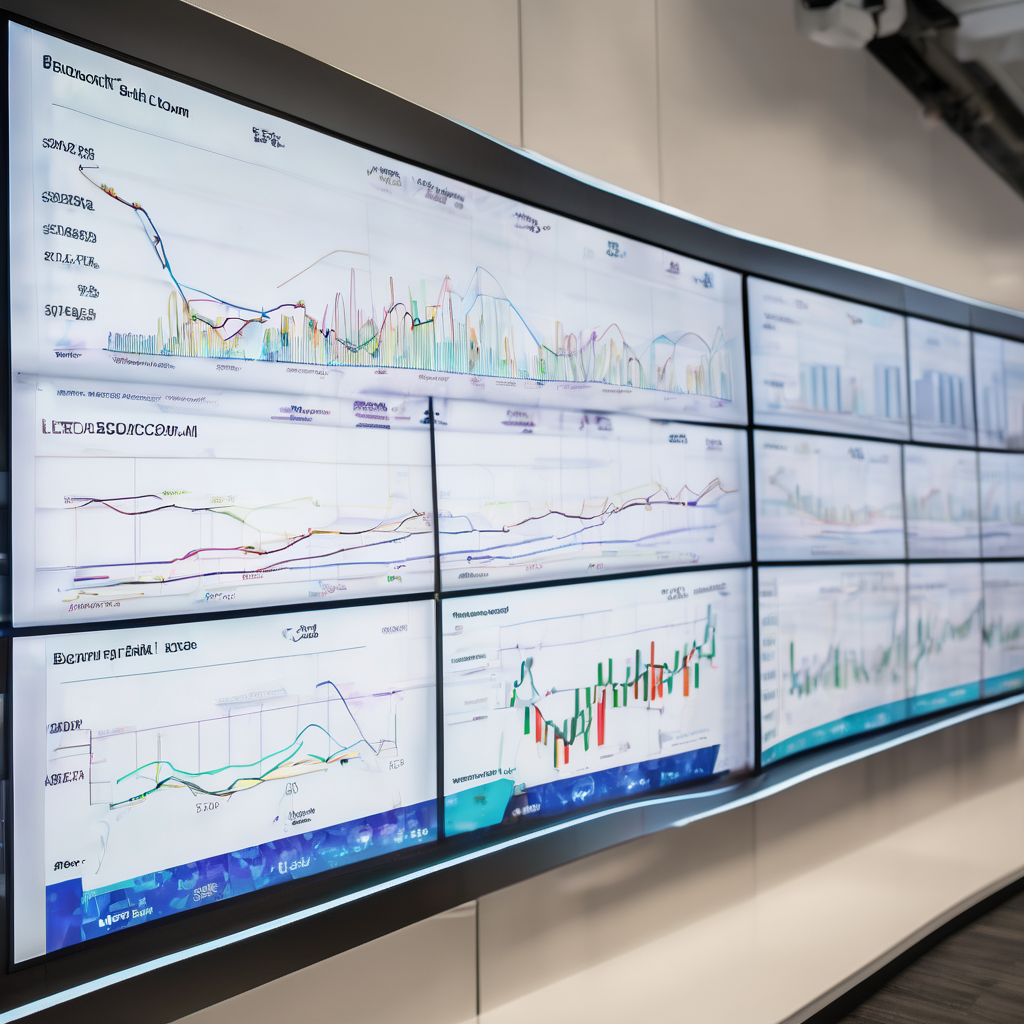
ChatGPT, which was released just nine months ago, has the potential to greatly impact various aspects of our lives, including daily routines, careers, and governance systems. However, discussions about how AI might jeopardize our democracy seem limited in their imagination. Current conversations primarily focus on concerns such as the use of fake images, audio, or video to attack opponents, the spread of misinformation by foreign governments, and the domination of AI-generated opinions over real individuals' political preferences. While these concerns are valid and urgent, the future implications of AI on politics are even more intriguing, and some of them may not necessarily be negative. We can already draw connections between existing AI capabilities and surprising real-world outcomes. Though these outcomes may appear astonishing given the current level of public understanding, they could become more feasible in the near future with advancements in technology and higher levels of AI adoption. To track these advancements, we propose six milestones that will usher in a new era of democratic politics driven by AI. These milestones should be meaningful, realistically achievable in the foreseeable future, and observably recognizable once achieved. Conventional worries about AI influencing elections might not pass the test of observability. Elections are complex events, and attributing an unexpected electoral outcome solely to AI intervention would be challenging, just as the ongoing debate regarding the factors behind Donald Trump's 2016 presidential win. However, the potential manipulation of elections through AI-driven promotion remains a legitimate concern. Despite this, the rise of non-human elected officials is still a distant prospect, as the public and legal establishment are likely to gradually accept automation and AI-supported assistance but not granting full political power to non-human entities. Let's begin by focusing on milestones that are nearly within reach. These milestones entail achievements that are technically feasible with existing AI technologies and have already laid the groundwork. The first milestone involves a legislative body or agency accepting testimony or comments generated and submitted entirely by an AI under its own name. While we have already witnessed legislation drafted by AI, albeit under human guidance, the acceptance of solely AI-drafted contributions would truly signify the recognition of AI as a legitimate participant in public discourse. This milestone is likely to be reached sooner rather than later, as evidenced by instances where ChatGPT has responded to opinions in The New York Times or drafted opening remarks for legislators. Moving beyond testimony, another milestone revolves around the adoption of the first novel legislative amendment to a bill drafted by AI. This concept of microlegislation entails making tailored modifications to existing laws or bills in alignment with specific interests. Although microlegislation is often implemented discreetly and can be subject to exploitation, it provides an immediate pathway for AI-generated policies to become law. Additionally, political messaging developed by AI represents an essential capability for modern politics.
Currently, campaign messaging is tested through surveys and relies on human pollsters' insights. However, AI trained on vast amounts of discourse and political rhetoric can also predict effective messaging strategies. While this capability is futuristic, its feasibility is increasing with current or near-future technology. Looking further into the future, milestone #4 envisions an AI creating a political party with its own platform and attracting human candidates who win elections. While an AI itself might not be permitted to hold office, it can potentially found a political party aimed at garnering public interest. Human candidates could then run for office under the auspices of this AI-powered political party. The Danish Synthetic Party's campaign in 2022 provides a stepping stone towards this milestone, although it did not secure enough signatures to earn parliamentary representation. However, future AI-driven efforts may achieve greater success by formulating policy positions effectively and attracting broad-based support. Fundraising is an integral part of politics, and the possibility of AI directing campaign contributions represents milestone #5. AI could generate revenue or investments for political campaigns, either through startup businesses or by influencing human contributors. In the latter scenario, the AI's activities would need to align with legal frameworks and subject itself to government regulations. Lastly, milestone #6 involves AI achieving coordinated policy outcomes across multiple jurisdictions. Although AI lacks preferences or desires of its own, it can be programmed by humans to pursue specific goals, such as lowering taxes or alleviating market regulations. AI can influence policy outcomes by advocating, lobbying, and allocating funds. The significance of this milestone lies in the AI's ability to achieve coordinated results in various regions simultaneously. Observability poses a significant challenge for most of these milestones since the first campaign consultant whose ideas are outperformed by an AI might not be inclined to announce their defeat. Similarly, tracking the impact of AI on fundraising efforts, especially when it comes to identifying AI as a dominant force in political action committees, could prove challenging. Nevertheless, rather than fearing these milestones, we should approach them with an open mind and ensure that our political journey with AI leads to the best possible outcomes, regardless of the means employed. While the milestones outlined here represent some of the most viable and meaningful future interactions between AI and democracy, they are not the only scenarios to consider. It is crucial to think creatively about the future impacts of AI on politics and actively steer our democratic processes in the right direction.
None


Examining AI ‘hallucinations’ and Sunday’s Gaza blasts Thomas Copeland, BBC Verify Live journalist As we prepare to close this live coverage, here's a summary of today's key stories

The challenge marketers face today is harnessing AI’s potential without compromising sustainability goals—a question we at Brandtech have been exploring with clients and industry peers.

By 2028, it is expected that 10 percent of sales professionals will use the time saved through artificial intelligence (AI) to engage in 'overemployment,' a practice where individuals secretly hold multiple jobs simultaneously.

OpenAI has rapidly established itself as a leading force in artificial intelligence through a series of strategically crafted partnerships with top technology and infrastructure companies worldwide.

A recent study reveals stark differences in how reputable news websites and misinformation sites manage AI crawler access via robots.txt files, a web protocol controlling crawler permissions.

On Saturday, President Donald Trump shared an AI-generated video showing him in a fighter jet dropping what appears to be feces onto U.S. protesters.

Nvidia Corp.
Automate Marketing, Sales, SMM & SEO

and get clients on autopilot — from social media and search engines. No ads needed
and get clients today